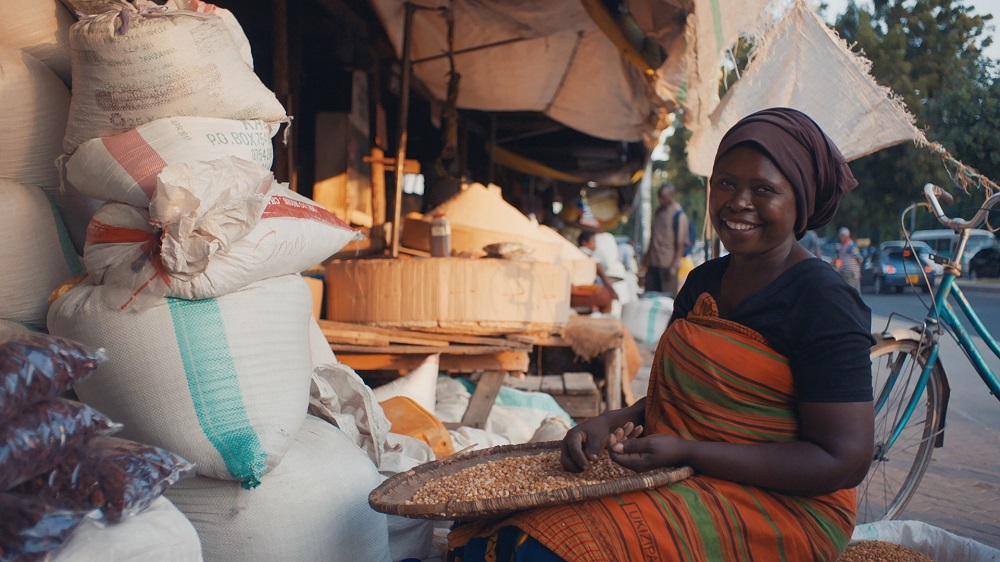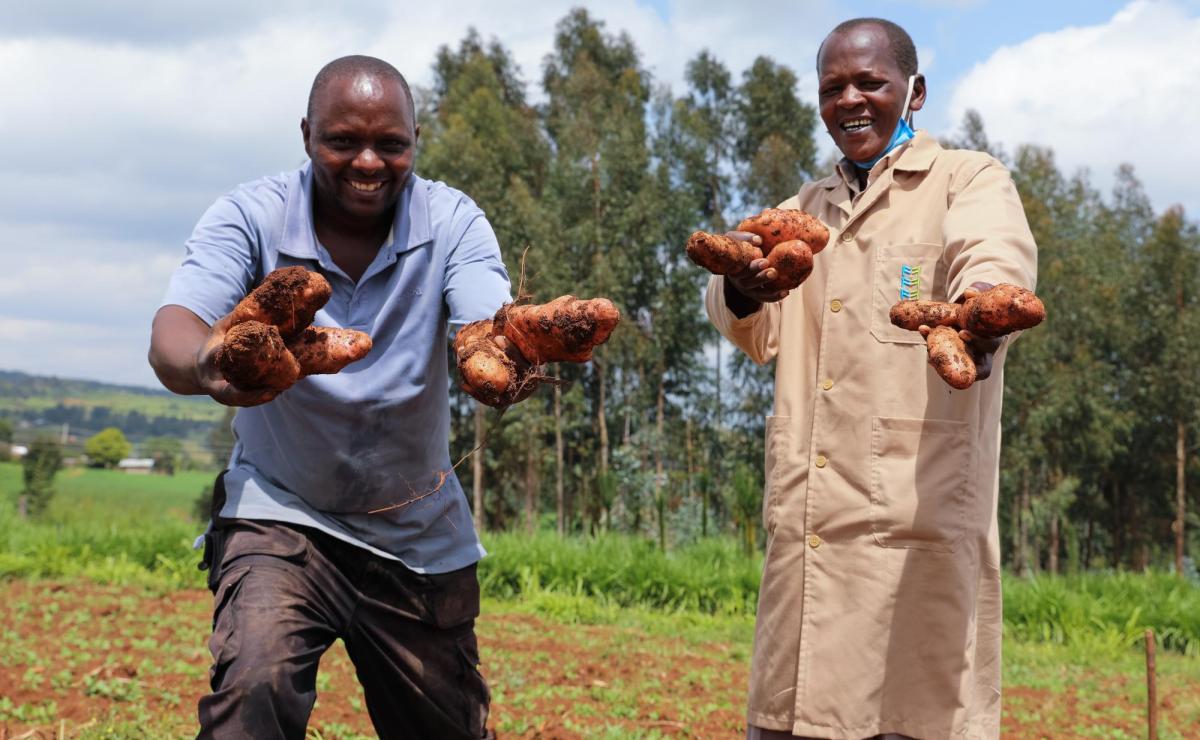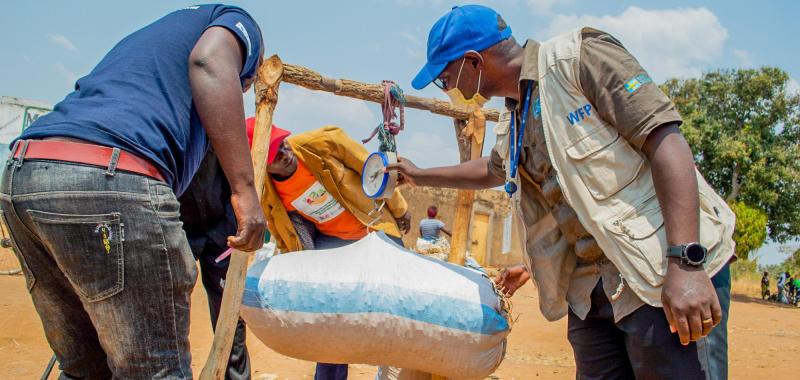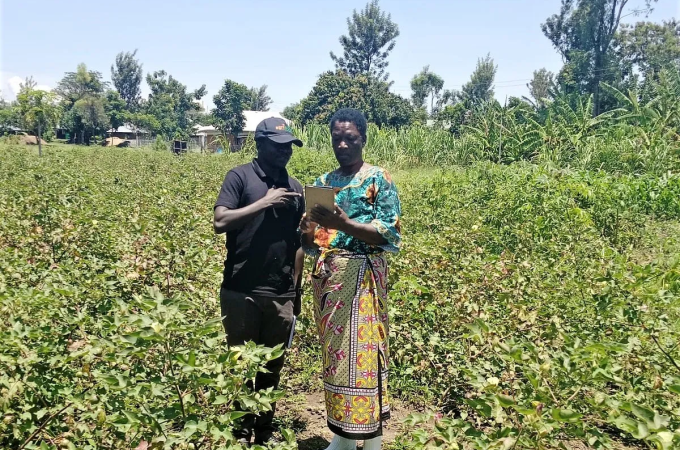In 2024, FtMA reached a total of 731,493 smallholder farmers with 2,500 active Farmer Service Centers and a total of 3,657,465 beneficiaries. FtMA also plays a pivotal role in piloting new agricultural innovations, such as bio-herbicide technology to combat Striga, a parasitic weed threatening staple crops in Africa.
Project overview
The Farm to Market Alliance (FtMA) helps smallholder farmers receive relevant information, investment and support from seed to market, so they can produce and sell marketable surplus and increase their income
Africa is recognized as the future breadbasket of the world, but the continent’s annual import bill is estimated to rise from US$35 billion to US$100 billion by 2030. Farm to Market Alliance’s mission is to create a thriving and sustainable agricultural sector that empowers farmers, forges strong markets and improves global food security.
Farm to Market Alliance (FtMA) is a public-private consortium that is transforming how smallholder farmers access markets and critical agricultural resources. Smallholder farmers face challenges like limited agricultural knowledge and access to inputs, structured markets, fertilizers and other services. FtMA addresses these issues through Farmer Service Centers, which serve as vital links to farming communities, facilitating access to necessary resources and structured markets. These centers generate income for themselves via direct sales or commissions from established connections.
FtMA empowers smallholders to become reliable market players through access to four integrated pathways termed the "4 pillar approach”.

Through the 4 pillar approach, FtMA structures market engagement, training, expertise, products and services. Stakeholder involvement is based on long-term linkages between farmers, market off-takers and other key market players such as crop aggregators, input and equipment suppliers, logistics and mechanization service providers to financial institutions, insurance providers and fintech companies.
Forward delivery contracts between farmers and buyers specify minimum sales volumes in advance to allow smallholder families to plan beyond the farm gate. These forward contracts with national and regional buyers have assisted many farmers in securing loans and crop loss insurance for the first time.
This model ensures that they can confidently plan, grow, store and sell their crops and maximize productivity, profitability and resilience over the long term. Importantly, it also builds the confidence of agri-market players in doing business with smallholders.
WFP is among the six members that have committed to participate in the global consortium. The others include: Alliance for a Green Revolution in Africa (AGRA); Bayer Crop Science AG; Syngenta Crop Protection AG; Rabobank; and Yara International ASA. Each of them brings specifically targeted expertise, industry experience and the asset base necessary for working at scale in developing countries.
FtMA establishes and leverages Farmer Service Centers (FSCs) to provide its services. FSCs bridge the gap between purchasers, other agri-players and smallholder farmers to supportprofitable businesses and achieve commercial viability within the value chains. The stronger and more stable they are, the more viable the whole chain.
FSCs also provide a centralized facility to aggregate input buying (which includes, access to finance, mechanization, extension services etc.) and productive output sales.
FSCs solve the last mile delivery issues and help to transform smallholder farmers into profitable and productive businesses.









